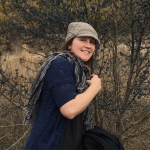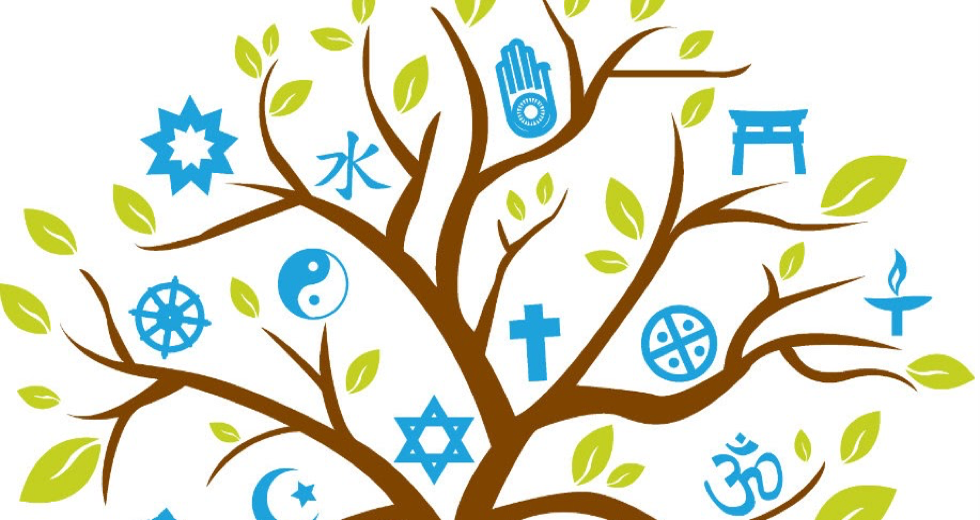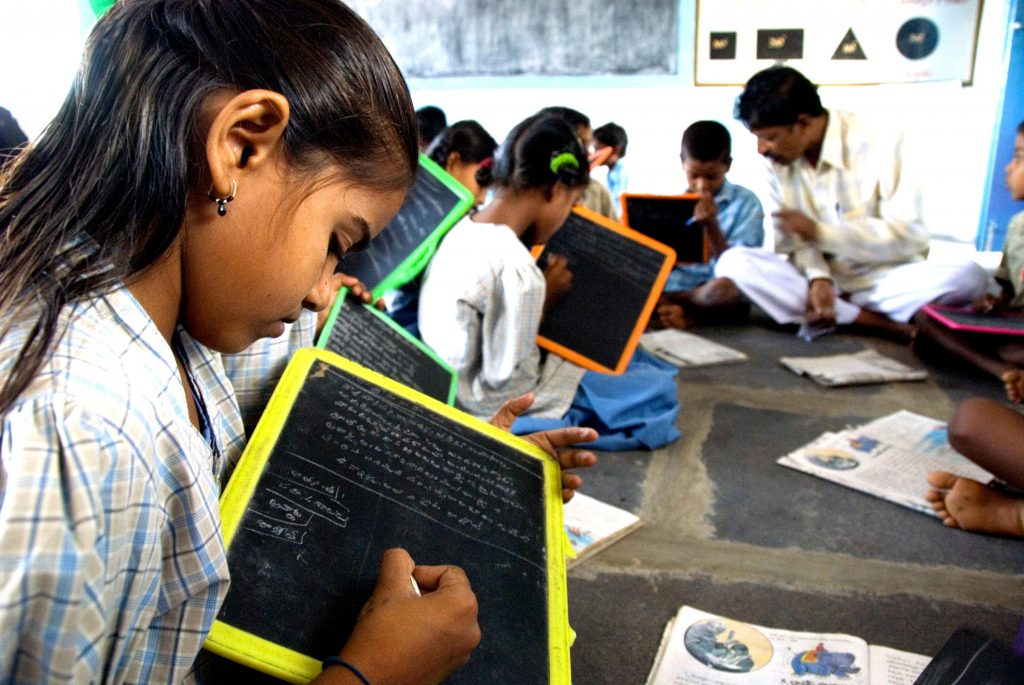We Are All Radical
Shortly before the recent US presidential election, amidst an incoming flurry of political calls, emails, and text messages, I received a text from a progressive organization I’ve been following for years.
“By voting in this election,” it said, “we can send the radical right to its rightful place: the ash heap of history.”
I closed the text and sat quietly for a moment, thinking. What end does that serve?
The night before the election, I texted a friend of mine on the far right of the political spectrum. “No matter who wins,” I typed with my thumbs, “I pray we won’t fall into violence, and that we’ll treat one another with respect.”
His answer: “No matter who wins, I pray the radical left will take control over their minions who are rioting and hellbent on destroying our country.”
In a country where peaceful demonstrators for racial justice have been labeled “radical leftists,” and law abiding pro-police advocates dismissed as the “radical right,” we would be visionary if we ask after the origin of the word “radical,” discern where our current use of the word is leading us, and decide whether we want to continue using it in this way.
The core definition of “radical” follows, from the Merriam-Webster Dictionary:
– of, relating to, or proceeding from a root; growing from the base of a stem
If we consider the roots of plants as a metaphor for our political climate, we might visualize the following: two different-yet-vital plants unfurling their flowering tendrils combatively toward one another, roots extending toward opposite horizons of unbound ideology.
But this is not how plants work, and this is not how life works either.
A plant cannot survive with roots exposed to the open air, however furiously it may fight.
A plant survives by sending its roots down and in. It pierces and plunges its energies deep into the earth, extracting its nourishment and protection from the soil.
We could take a cue from our plant brethren, and dig our roots deep, lest we dry up and die.
Instead we cry “socialist” and “racist,” and any word to dehumanize another, convinced that if we could only remove our opponent from the game, our precious way of life could be saved.
But that is not going to happen. No side is ever going to “win.”
For like the dancing polarities of yin and yang, the political right and left are not opposing forces, but comingling halves of a whole. We contain each other, support each other, and illuminate each other’s truths.
There is no light without dark, and there is no right without the left.
Gravity. Seasonality. Cycles of life. Fallow times and fertile times. Brightest light. Darkest night. Clay and sand.
All of it is needed.
We need other people, people who are different from us. We need the push and pull of opposition to evolve. Other people and their opposing views are portals into the full experience of being human.
When political leaders use the term “radical” as a means of othering, we must see that for what it is: weaponization of language.
When we fall into such othering ourselves, we must realize that by labeling someone a radical we dehumanize not only them, but our own selves, in the process. By separating other people from their humanity, we lose the connection to our own.
Either way, we fall into the trap of powerful interests that benefit from us hating one another. If we allow our perceptions to be programmed by divisive labels, our thoughts run the danger of appropriation by factions on both sides who would use them to divide and conquer us.
And I don’t know about you, but I refuse to be programmed to hate.
That is why my vision is a future without a radical right…or a radical left.
My vision is to build upon new definition of radical, which is already part of our lexicon:
– favoring extreme changes in existing views, habits, conditions, or institutions
A radical, in this definition, is a person dissatisfied with the way things are, and willing to work far outside the box to change it.
If we choose, we could see our so-called opponents as “radicals” like us: rooted in our convictions, deeply pained by the state of affairs and ready to fight for something better.
According to this definition, we are on the same side.
To be clear, there are people in our society being “radicalized” to become hateful and violent. But using “radical” as a derogatory label for those with diverging opinions from ours does not lessen the potential for dangerous radicalization. It heightens it.
And of course, there are many things worth fighting for. But if we spend our energies fighting each other as enemies, we’ll have precious little left for healing our collective wounds.
I didn’t respond to either of those text messages I received during election week. They sunk further down in my thread and I refused to give them any of my energy. But the metaphor of the plant stuck with me. And from it emerged a vision. What if, as members of opposing sides, we defined ourselves by our roots and our extremes?What if we dug in our roots, not along linear diverging lines of right and wrong, but down and in, alongside and toward one another in intertwining destiny?
And what if we were so extreme to dare think we could work together for the radical change we seek – and dearly need?
Let’s send our roots so deep that we finally tap into that place where we all began, our shared source: we all want to live. My vision is that one day there will no longer be a “radical right” or a “radical left” in our public discourse. There will only be the radical we.
“They” are not our enemies. “They” are not the left or the right. They are the other half of us.






